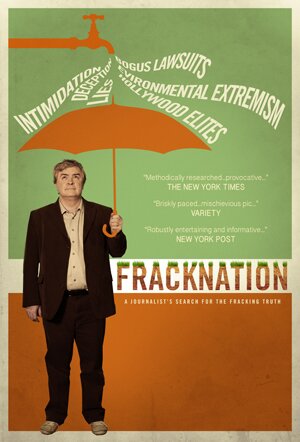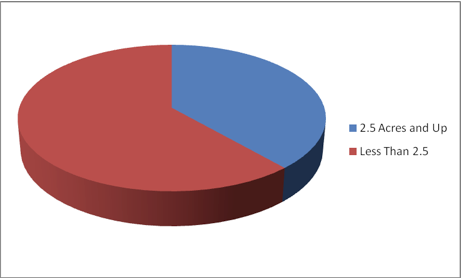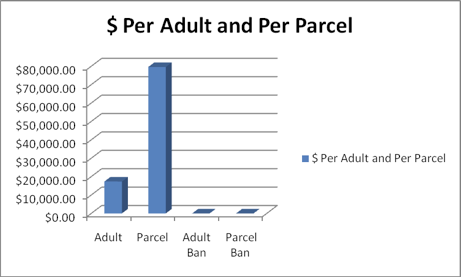Stephen Moore of the WSJ on "How North Dakota Became Saudi Arabia"
Harold Hamm, the Oklahoma-based founder and CEO of Continental Resources, the 14th-largest oil company in America, is a man who thinks big. He came to Washington last month to spread a needed message of economic optimism: With the right set of national energy policies, the United States could be "completely energy independent by the end of the decade. We can be the Saudi Arabia of oil and natural gas in the 21st century."
"President Obama is riding the wrong horse on energy," he adds. We can't come anywhere near the scale of energy production to achieve energy independence by pouring tax dollars into "green energy" sources like wind and solar, he argues. It has to come from oil and gas...
....Mr. Hamm believes that if Mr. Obama truly wants more job creation, he should study North Dakota, the state with the lowest unemployment rate in the nation at 3.5%. He swears that number is overstated: "We can't find any unemployed people up there. The state has 18,000 unfilled jobs," Mr. Hamm insists. "And these are jobs that pay $60,000 to $80,000 a year." The economy is expanding so fast that North Dakota has a housing shortage. Thanks to the oil boom—Continental pays more than $50 million in state taxes a year—the state has a budget surplus and is considering ending income and property taxes.
It's hard to disagree with Mr. Hamm's assessment that Barack Obama has the energy story in America wrong. The government floods green energy—a niche market that supplies 2.5% of our energy needs—with billions of dollars of subsidies a year. "Wind isn't commercially feasible with natural gas prices below $6" per thousand cubic feet, notes Mr. Hamm. Right now its price is below $4. This may explain the administration's hostility to the fossil-fuel renaissance.
Mr. Hamm calculates that if Washington would allow more drilling permits for oil and natural gas on federal lands and federal waters, "I truly believe the federal government could over time raise $18 trillion in royalties." That's more than the U.S. national debt, I say. He smiles...
- Log in to post comments






